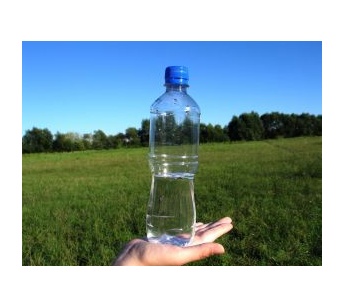 While reducing the amount of plastics that we use make good sense, sometimes it is hard to avoid them. We may need plastic plates and cups for children who would be in danger from glass or heavy stainless steel. And some of the food products we buy, even that organic yogurt may come in a plastic container, and the organic free range chicken may come in a plastic wrap. Still, some plastics are better than others when it comes to the chemicals they release and the easy of recycling them. Here is a guide.
While reducing the amount of plastics that we use make good sense, sometimes it is hard to avoid them. We may need plastic plates and cups for children who would be in danger from glass or heavy stainless steel. And some of the food products we buy, even that organic yogurt may come in a plastic container, and the organic free range chicken may come in a plastic wrap. Still, some plastics are better than others when it comes to the chemicals they release and the easy of recycling them. Here is a guide.
The next time you are out at the store shopping for a product that comes in plastic packaging, turn it over to read the number and letters in the recycling logo. This will give you a clue about what resins are used for the container.
Plastic #2 HDPE is one of the best choices when purchasing plastics. You’ll usually find it storing milk, shampoo and laundry detergent, among other things. This plastic transmits no known chemicals into your food, and it is usually widely accepted by recycling centers.
Plastic #4 LDPE and #5 PP are also pretty safe for your food. Just like #2, they transmit no no chemicals to your food. However, recycling #4 and #5 may be difficult, since not every facility takes these plastics. You’ll find #4 in cling wrap, sandwich bags and some grocery bags. #5 can usually be found holding yogurt or being used for semi-opaque water bottles.
Plastic #1 PET are usually safe for one time use of food, but you don’t want to refill them and reuse these plastics. #1 is somewhat porous, letting in bacteria that could make you sick. Recycling this type of plastic is relatively easy, since most facilities will accept it. #1 plastic can usually be found making up soda and drink bottles and disposable water bottles.
There is also a new type of plastic made from renewable resources. Check back soon to learn more.
You can read more blog posts by Mary Ann Romans here! or subscribe to this blog using the subscription box on the right.
Related Articles:
Baby Shampoo and Lotions that Contain Carcinogens
Long Island, NY Getting Ready to Ban BPA
RecycleBank: Getting Paid to Recycle

